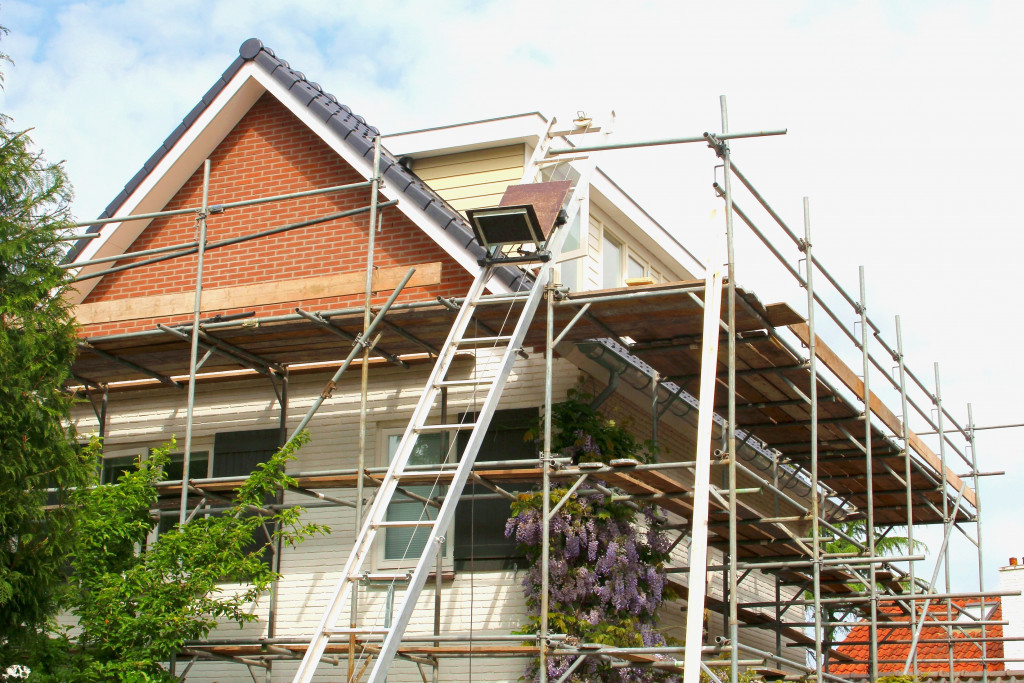If you choose to build a home from scratch instead of buying one, you have to be prepared for the time it would take for the project to finish. Depending on the home’s size and complexity, it can take around several months to construct a home up to a year or even longer. And generally, the longer a home takes to build, the more you will spend on certain expenses, primarily—labor.
To cut down the total cost of your new home and get to move in sooner, you can try speeding up the construction process through several methods. Of course, it would still take some time to build a home from scratch, but there are a lot of ways you can maximize efficiency, such as:
Look for the right contractor
First, you have to look for a contractor who can do the job in the most efficient way possible—but without compromising results. Finding such a contractor can be tricky since there are a lot of factors to consider, namely, cost, the company’s reputation, and their level of expertise, among others. However, taking enough time to shop around can definitely increase your chances of finding the right one.
Start with referrals from the people you know, preferably ones who have had their homes built from scratch. If there is no such luck with this method, scour online sources, such as business websites and local forums, to narrow down your choices using company portfolios, client reviews, and other information that you can use to evaluate a company’s potential. Pro tip: find a contractor that uses specialized equipment, such as those from tigbrush.com, to ensure that they have the tools to maximize construction efficiency.
Hire a project manager
A project manager is someone you hire before construction begins. They are in charge of managing the general contractor on your behalf and also typically work with architects and engineers. In essence, they are responsible for overseeing the construction process from start to finish, holding a significant role in ensuring that the project finishes on time and within the budget.
When you build a house, hiring a project manager is often optional. In the absence of this role in the construction team, the general contractor usually acts as the project manager, which can work too. However, having a project manager overseeing the entire process can be better in ensuring that construction stays on schedule—and since they don’t work for the general contractor, they are not likely to hide any delays in the project.

Keep the plan simple
The more complex a house is, the longer it will take to build. So, if you want your home to be finished as soon as possible, stick to a simple plan that is easy to execute. Not only will you get to reduce construction time, but you can also cut down a significant amount from your new home’s total price tag.
However, if you know nothing about construction, how do you know how long it will take to finish the plan you have in mind? Simple: talk to an architect and a handful of engineers. If you’re hiring an architect to do your home’s blueprint, they can estimate the completion period. The same goes if you buy a premade plan and have an architect or engineer look over it. More than that, they can help you create realistic timelines that your general contractor will be more likely to follow.
Avoid making changes
Changes—especially when made at the last minute—can delay the construction of your home for days or even weeks, depending on the type of change you want to implement. If you want to change the color of your exterior paint, that probably won’t equate to a huge delay. But if you want to change the layout of, say, the second-floor bedrooms, then you may be essentially delaying the project for a few more weeks or even more than a month.
That said, avoid making changes to the home’s design, especially when it is already in late-stage construction. If you cannot help it, prepare to face construction delays—as well as additional expenses in labor, materials, and contractor fees.
Building a home takes quite some time, but it certainly shouldn’t take too much time. By applying these strategies, you can speed up the construction process as much as possible without sacrificing quality. You could also build the home of your dreams without going overbudget. And when you do it right, you can even enjoy reduced expenses in labor, materials, and fees in the process.







